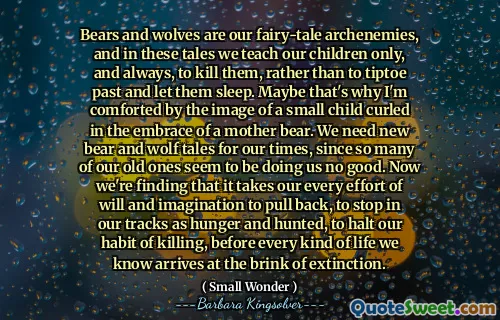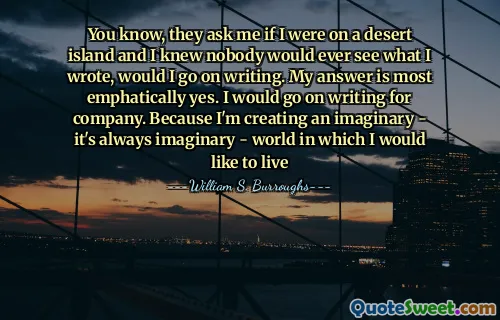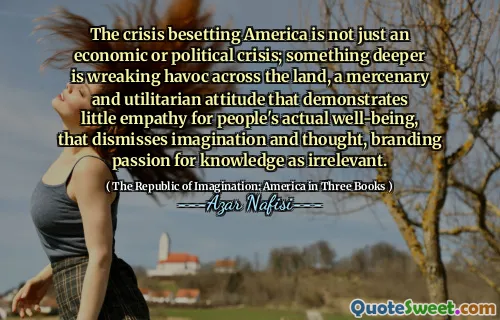
Imagination is by definition, a complex system.
Imagination serves as the core of human creativity and innovation. When we think of imagination as a complex system, we recognize it as more than just simple daydreams or fleeting thoughts. Instead, it encompasses intricate networks of ideas, memories, emotions, and subconscious processes that work together to form new concepts and visions of the future. This complexity allows the mind to weave connections between seemingly unrelated concepts, fostering innovative solutions and artistic expressions. Understanding imagination as a system highlights its dynamic and adaptable nature—capable of evolving and expanding as new experiences and knowledge are integrated. It emphasizes that creativity is not merely an innate talent but a structured process that involves the interplay of various cognitive functions. This perspective can inspire approaches to learning, problem-solving, and even artificial intelligence development, where mapping and harnessing the complexity of imagination could lead to breakthroughs in simulating or augmenting human thought processes. Embracing its complexity also encourages patience and persistence; developing one's imaginative abilities may require nurturing and exploring the different components that contribute to this intricate mental web. Ultimately, recognizing the complexity of imagination enriches our understanding of ourselves and the limitless potential of human cognition, inspiring us to delve deeper into the mysteries of our minds and the boundless landscapes of our creativity.











